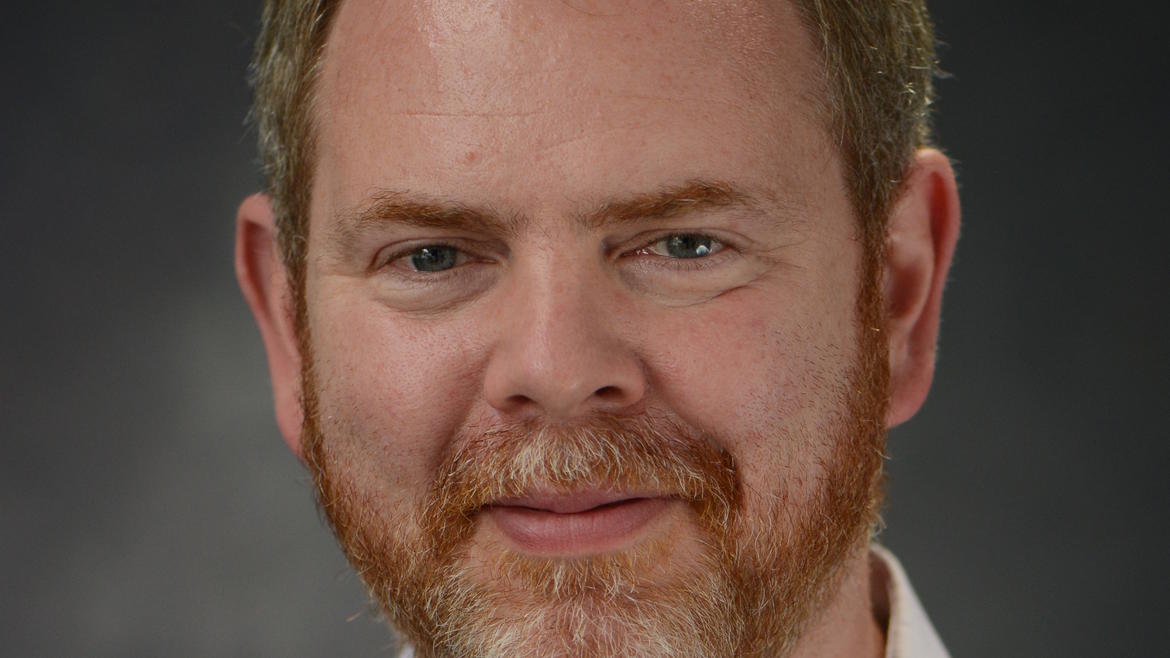
Title: Pollinators and pollination under pressure: the impacts of pesticide exposure on wild bees
Abstract: Pollinators are essential to agricultural production (particularly fruit, vegetable and nut crops) and maintaining the health and diversity of wild plant communities. There is well established evidence showing declines in pollinators around the world with associated evidence of reductions in crop pollination services leading to reduced yield (pollination deficits). This raises concerns for agricultural production and maintenance of biodiversity around the world. Multiple environmental stressors are driving pollinator declines, including land use change, climate change, agrochemical usage, pests and pathogens, and management practices, and interactions between these stress factors are likely to be important. Conserving pollinators, and the essential ecosystem services they provide, requires us to understand and mitigate the impacts of these multiple stressors in the environment. There has been a surge in research into the potential impacts of pesticides on pollinators, particularly systemic neonicotinoid insecticides, over the last decade. Recent studies have revealed the extent to which field-realistic neonicotinoid exposure can lead to significant sublethal impacts on individual bee behaviour (e.g. impaired learning and foraging behaviour, and reduced nest-founding success), colony function in social bees (e.g. effects on growth rates, forager recruitment and reproduction), and the critical ecosystem services they provide to crops and wild plants. Taken together these effects could have widespread implications for the stability of wild pollinator populations, sustainable production of pollinator limited crops, and maintaining wild plant biodiversity. Considering these studies reporting insecticide impacts on non-Apis bees into the wider context, particularly alongside divergent results from honey bee field trials, has important ramifications for pesticide use policies.